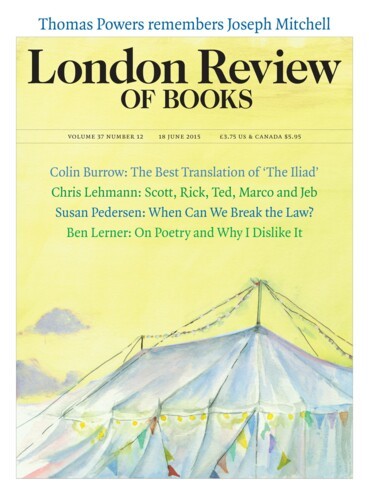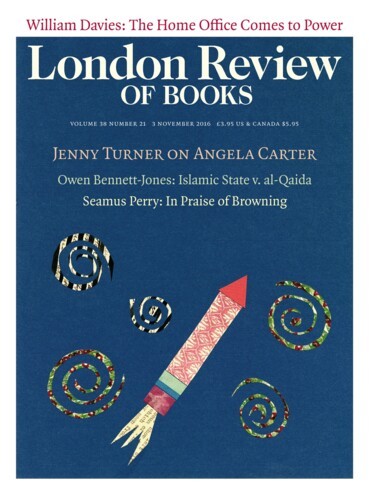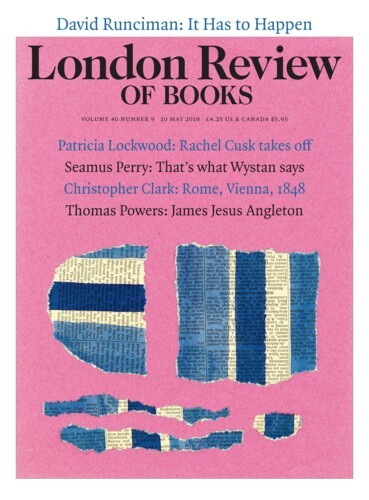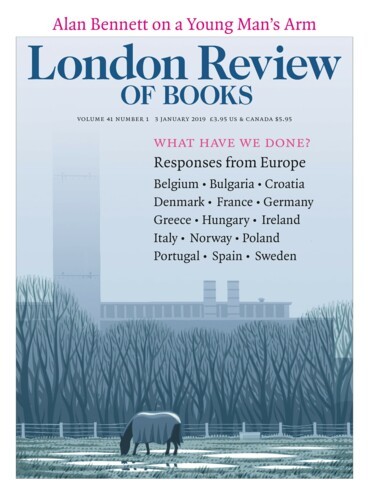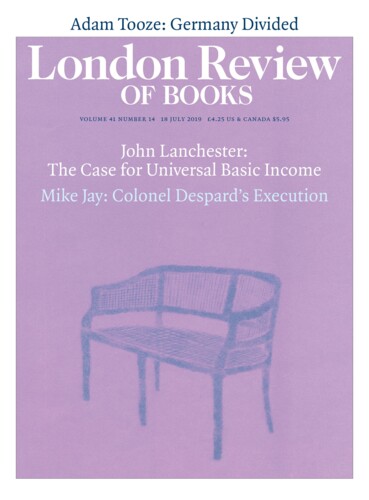‘There was not much comedy in Shelley’s life,’ Thomas Peacock remarked in his memoir, a sad thing to say; but the striking contrast between The Triumph of Life and most of Shelley’s work makes you realise that buoyant spirits are not far off in much of it. People were always struck by how young he seemed, and when critics like Eliot or Leavis ticked him off for adolescence or immaturity, it was a backhanded way of responding to the idea of youthfulness that they detected stirring in the poems. His opposition to tyranny was principled, but it was also the reaction of a child whom the grown-ups are always getting at: he really needed tyrants in his life, as Peacock perceptively observed. His dismal father, Sir Timothy, was the archetype, succeeded by schoolmasters, Eldon the Lord Chancellor, Wordsworth, Jupiter, God.
He really needed tyrants in his life, as Thomas Peacock perceptively observed. His dismal father, Sir Timothy, was the archetype, succeeded by schoolmasters, the master and fellows of University College, Oxford, Eldon the Lord Chancellor, Wordsworth, Jupiter, God.
